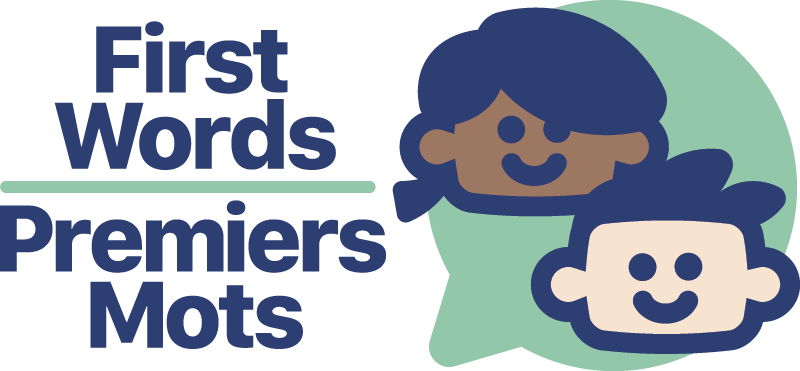When Communication Problems Cause Frustration
First Words Ottawa & Renfrew County • March 25, 2020
At times, many children show frustration when they are learning language. Children with speech and/or language delays may find it especially challenging to express ideas, share information, recount an event or retell a story. These tips will help you help your child communicate with others and deal with frustration successfully.
When a child has difficulty speaking:
- Be patient. Get down to your child’s level when communicating.
- Repeat and clarify what you think they are saying. This helps them know you understood and are listening.
- Ask “yes/no” questions or simple “wh” questions (e.g. You want paper? To make a card? Who is it for?) to check that you understood her message.
- Ask them to show you when don’t understand. They can bring you tot he location, point to an object or make an action to communicate their message.
- Imitate and repeat sounds, words and sentences that your child says–but always give them a better model (e.g. If they say: “me see tat”, imitate and make it better with a: “Yes, you see a cat.”).
- Interpret your child’s attempts to communicate – give meaning to a gesture, a sound, incomplete words or part of a sentence. Repeat it back. (e.g. “You’re pointing at the banana. You want the banana. More banana.)
- Teach your child control words such as “no”, “stop”, “wait”, “my turn”,“me too”, “give me”. If your child can’t say these words, help them communicate through gestures, signs, symbols or photographs.
- When playing with other children, tell them that your child is trying to be their friend. Stay nearby to help them get their message across and resolve problems.
When a child has difficulty understanding:
- Use short, simple sentences – they are easier for your child to understand.
- Repeat often. Repeat important words.
- When a message is long, repeat it again but break it into smaller units (e.g. When we go to the store, we will buy a book. Breakdown – “Let’s go to the store. We’ll buy a book.”)
- Slow down when you speak. Pause often. This helps your child think about what you are saying when you go slow.
- Show as you speak: use gestures, pointing, actions, and pictures or hold up objects to help your child understand your message.
- Talk with your child about frustration. Name what your child is feeling - for example “You look frustrated that I don’t understand what you are saying”.

Although young babies don’t understand the meaning of your words, they understand a lot by the way that you touch and hold them. They also learn from the expression on your face, the tone of your voice and the gestures that you make. Remember it is by talking to them that they learn words. Surround your baby with words when you feed, diaper and play with them.





